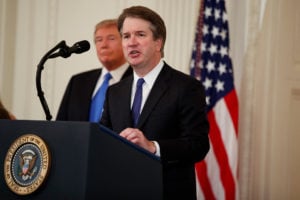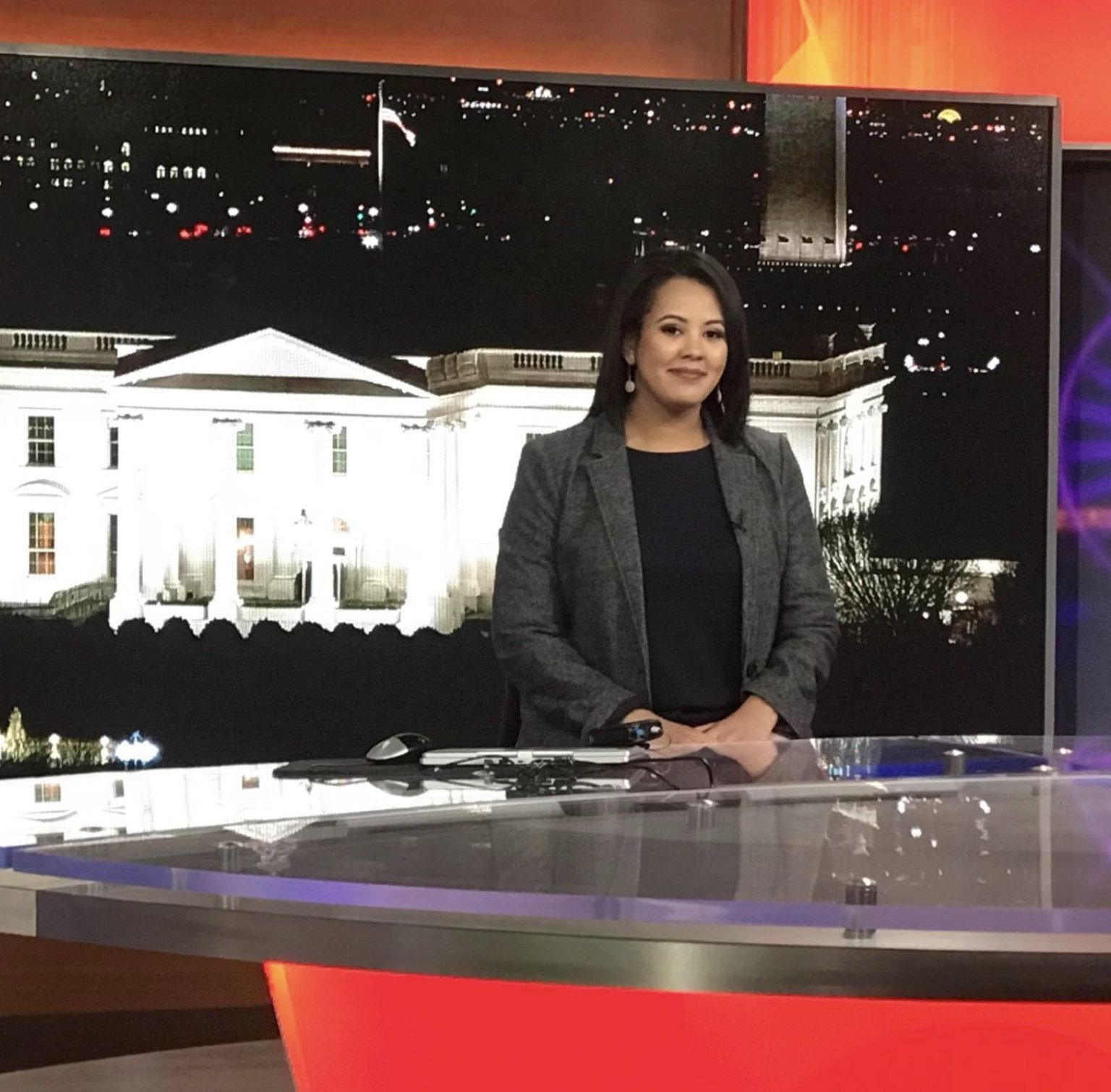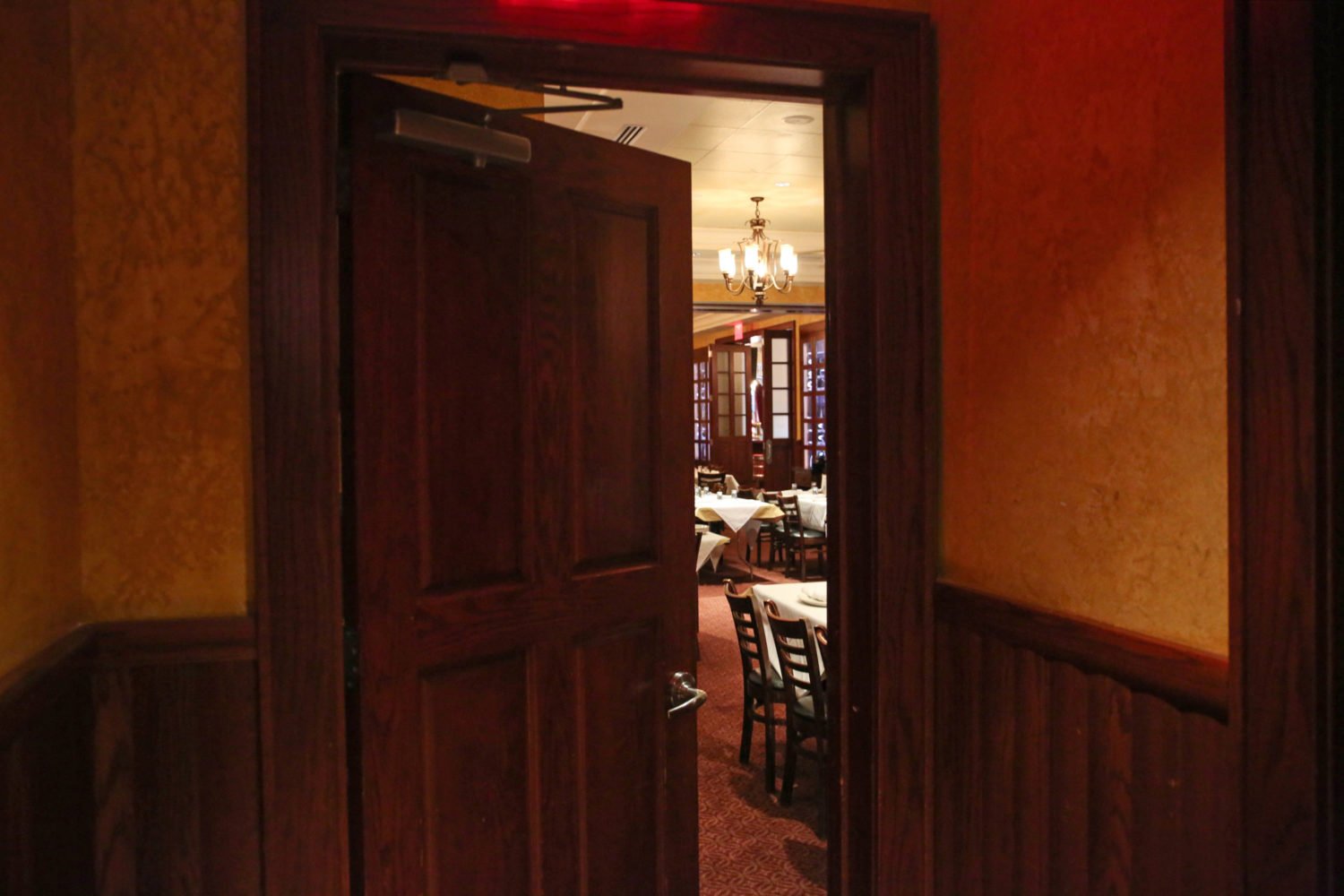In the last two weeks, not one but two toney Washington-area private schools have found themselves, somewhat unexpectedly, in the political headlines.
Georgetown Prep, the Catholic school in North Bethesda, is in the news because it is on the cusp of a rare distinction in American history: If Donald Trump’s latest Supreme Court nominee, Brett Kavanaugh, is confirmed, he would sit alongside fellow alum Neil Gorsuch, Trump’s previous pick, giving the school two of the court’s nine seats.

Meanwhile, about seven miles down Rockville Pike (after it changes over to Wisconsin Ave.), Sidwell Friends, a somewhat more famous elite school, has been making news of a less Republican-friendly variety. Last month, Kristen Mink, a sixth-grade teacher at the Quaker school, was the star of a viral video shot while she confronted controversial then-Environmental Protection Agency boss Scott Pruitt at a DC restaurant. Then, this week, the Washington Post reported on the 339 alumni, faculty, and community leaders who sent an open letter to Lee Francis Cissna , a rare Sidwell grad working for the President, urging him to overturn immigration policies and reconsider his “leadership role as an architect of the Trump Administration immigration program.”
On the face of it, the two institutions are playing to type. Georgetown Prep, after all, is an all-boys Jesuit school that is a sports power and houses a golf course on its lush suburban campus. Sidwell, meanwhile, is the alma mater of Chelsea Clinton and Sasha and Malia Obama. Instead of a golf course, it has a constructed-wetland rainwater-treatment system. And where Prep’s new status as a conservative breeding ground is apparently not happy news for all alums—chef David Chang, for one, doesn’t seem thrilled by the association—Sidwell is apparently a place where #resistance is baked into the culture.
One place the two school don’t diverge: Neither of them are known for being inexpensive. This juxtaposition of dueling political images among members of the $35,000-plus tuition club, then, might be more than an entertaining bit of Beltway-denizen serendipity. It’s a reminder that, for all the talk of swamp-draining, one-percentism, and insider-vs-outsider politics, a lot of the action remains a battle between elites, not against them.

















